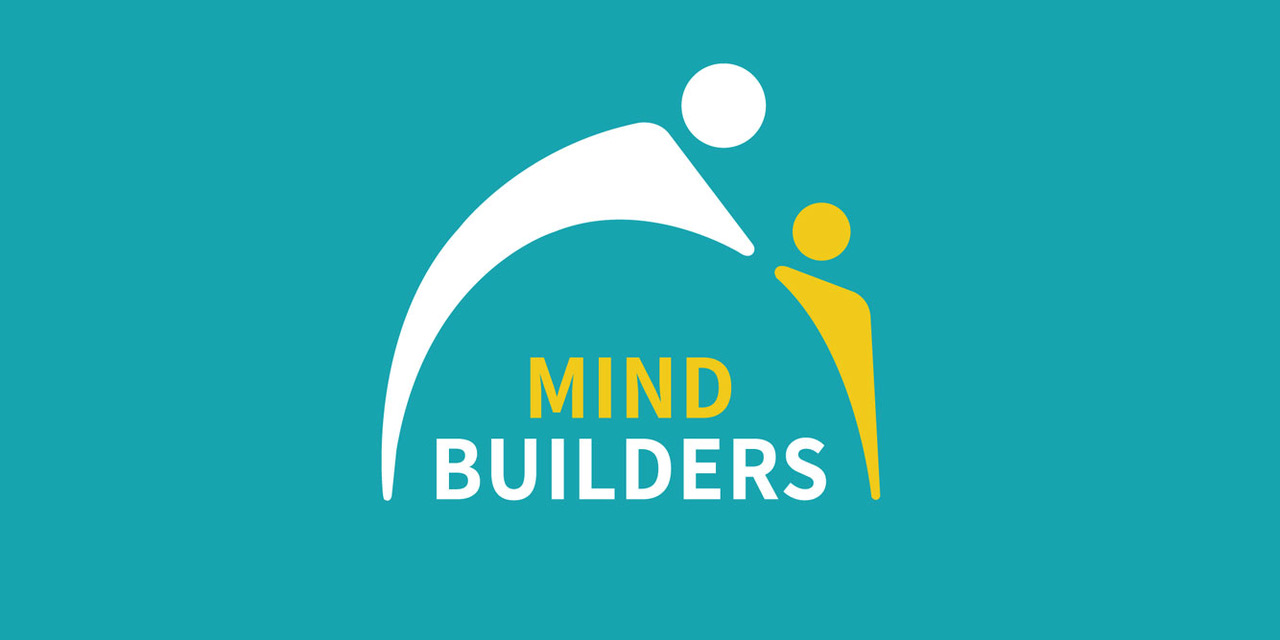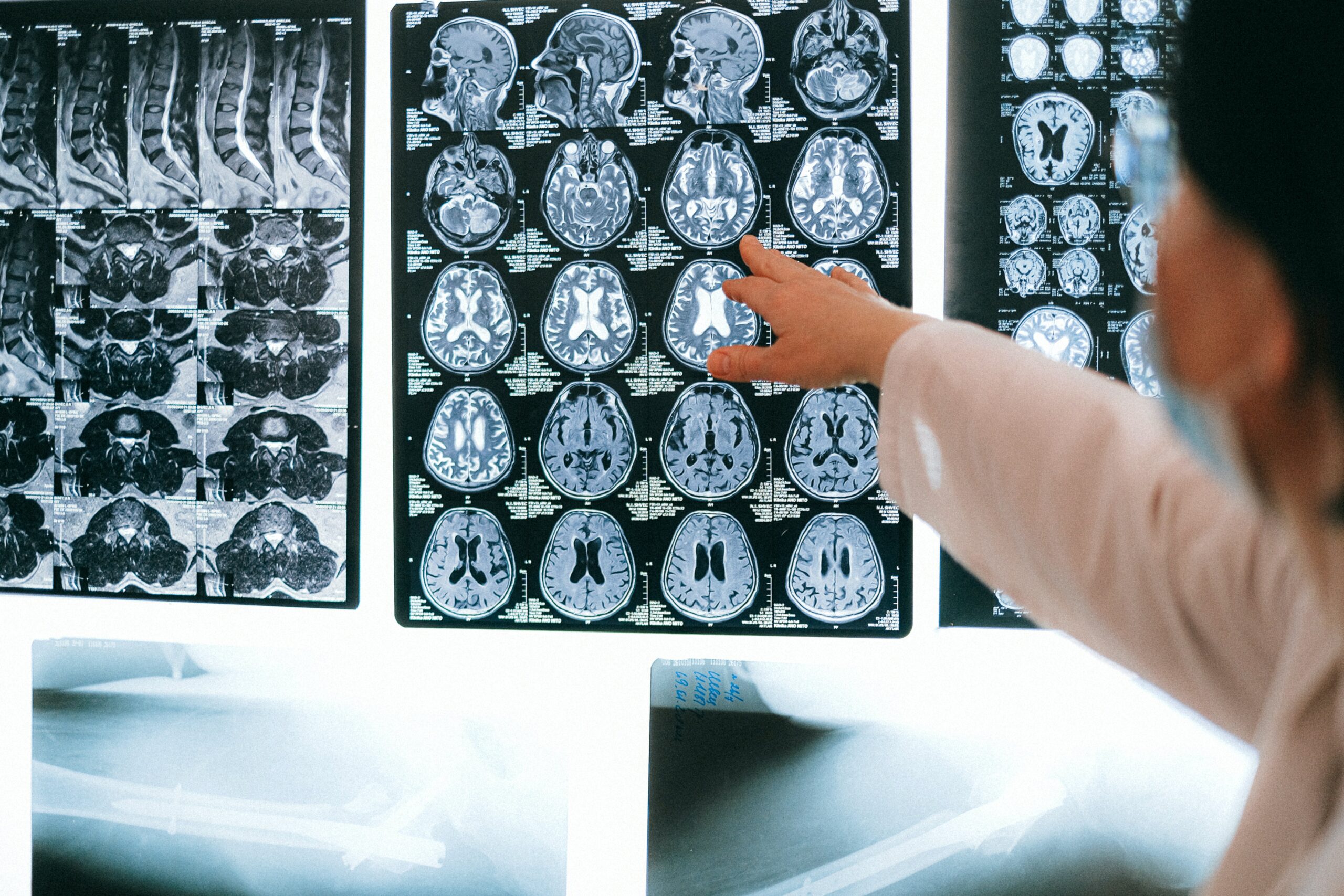Evidence-based research
How floortime play can change a child's behavior and brain
The human brain is a social brain. In order to be able to form and network, it absolutely needs other people, as it can only develop with the help of interpersonal relationships. Prof. Stuart Shanker and his research team at the MEHRIT-Centre in Canada showed in their outstanding study how the brain of children with an autism diagnosis changes through playful interaction with an empathetic play partner, and how this can be measured and scientifically plausibly proven.
![]() "Then the child will actually want to relate on its own"
"Then the child will actually want to relate on its own"
'All children have the drive to social interaction and want to be in relationship and feel accepted. It is the essence of being human. But for the child with autism, there are biological challenges here that make interactions agonizing or uncomfortable. So if we can figure out what those factors are and how to reduce what the child experiences as so unbearable and stressful, then the child will actually want to be in relationship on their own.'' (CBC News 2018)
Prof. Stuart Shanker
Canada's leading expert in the psychophysiological theory and application of self-regulation.
Developmental interventions like DIRFloortime are evidence-based
In light of a changing evidence base, a seminal article on intervention recommendations for children with autism appeared in the Journal of the American Medical Association (JAMA) on November 9, 2020. That's because in recent years, the range of empirically supported intervention approaches backed by RCTs has fundamentally changed-with implications for therapy providers and payers. While traditionally behavioral interventions with more structured, adult-directed interventions have been at the forefront, RCT-supported studies for developmental interventions such as DIRFloortime, with its child-centered focus on emotionally-voiced playful interaction integrated into the context of daily routine, attest to an increasingly larger evidence base.
In this video, Prof. Stuart Shanker and colleagues show excerpts from DIRFloortimetry therapy with a family and how the child's brain and behavior changed over the course.
![]() "Measurable changes in the brains of these children as a result of floortime treatment".
"Measurable changes in the brains of these children as a result of floortime treatment".
"The results we see in Tristan's brain after 1 year of parent coaching and DIRFloortimetherapy are incredible, - especially in the amygdala. This is the part of the brain that was responsible for Tristan feeling anxious, hyper and like he was hyperactive. Before treatment, Tristan's amygdala was exceptionally active. After treatment, the computer image is half as bright: Tristan's amygdala has calmed down. And the parts of his brain that help him engage with social cues, read facial expressions of others, are now active: Tristan's brain has actually changed, and dramatically, because you can see 2-3 times as many changes in these activity centers. It's as if Tristan's social brain has suddenly woken up.' And remarkably, Jim Stieben found these changes not just in Tristan, but in the brains of most of the children in the study. 'I would say this is one of the most magnificent study findings. I've never encountered such extraordinary results in my entire career as a scientist, - that we can see totally robust changes in the brains of these children as a result of Floortime treatment and show them pictorially."
Jim Stieben
Research Associate at the MEHRIT Centre, Canada


